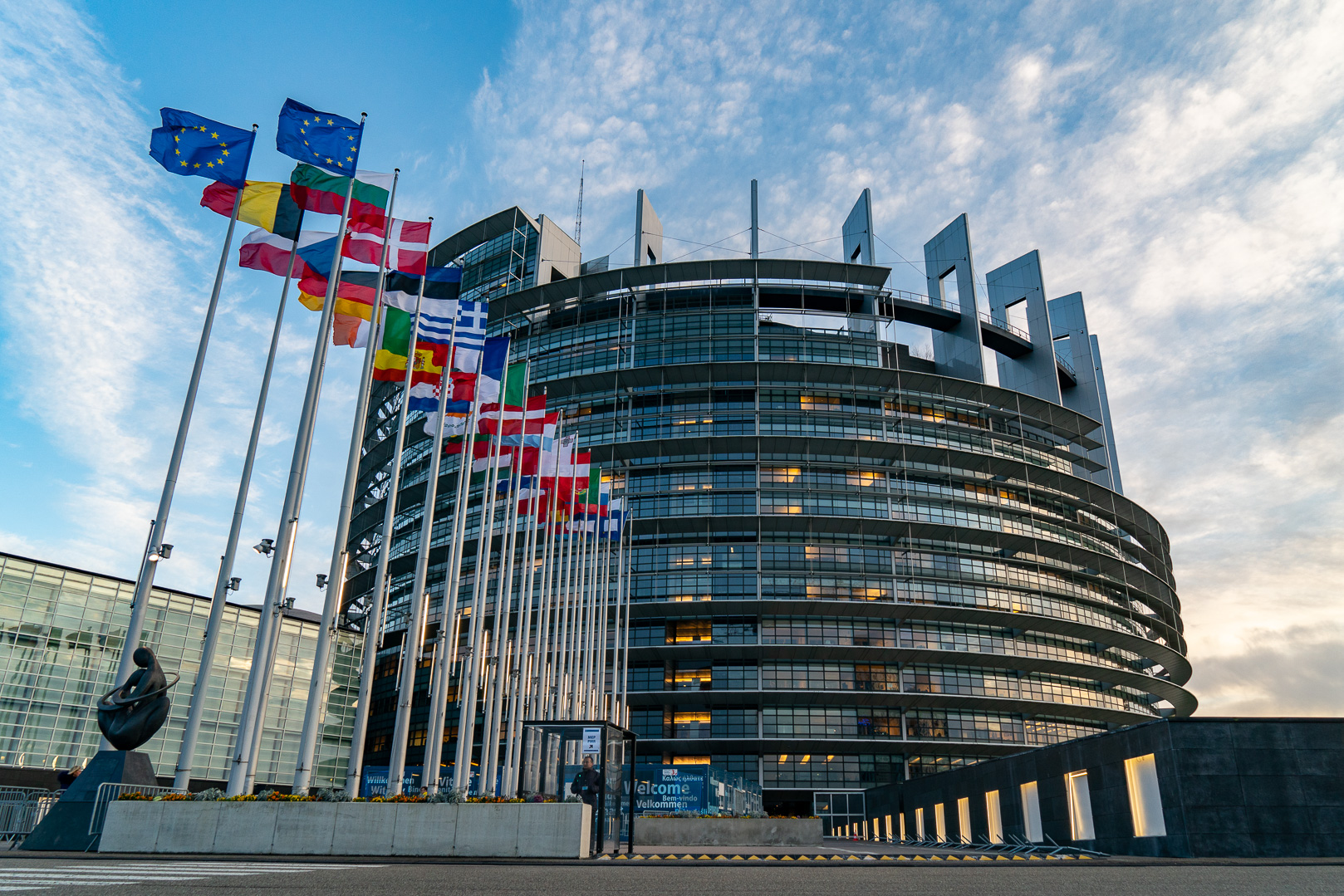The European Court of Justice has ruled against Malta in the sale of citizenship case.
The courts found that Malta’s scheme “amounts to the commercialisation of EU citizenship” ruling that Malta failed fulfil its obligations under the EU Treaties.
The country is thereby ordered to pay the costs associated with this failure.
The Court dismissed Malta’s argument that the granting of citizenship is a purely national competence, saying that “the exercise by the Member States of their power to lay down the conditions for granting their nationality has consequences for the functioning of the European Union as a common legal order.”
The European Commission took Malta to court over its controversial investment-for-citizenship scheme in 2022, currently known as Malta’s Exceptional Investor Naturalisation (MEIN) scheme, which offers fast-track citizenship status in exchange for large investments.
The European Commission’s case against Malta’s citizenship by investment programme highlighted some of the internal contradictions of the European Union, with a sitting in mid-June in 2024 drawing attention to several points of contention.
A programme of that sort amounts to the commercialisation of the granting of the status of national of a Member State and, by extension, Union citizenship, which is incompatible with the conception of that fundamental status that stems from the Treaties.
At stake is not only the MEIN scheme, but also the future of similar schemes across the EU.
The European Commission contends that this practice undermines the integrity and security of EU citizenship, advocating for a unified policy across member states.
In contrast, Malta defended its sovereign right to manage its own citizenship laws, emphasising the economic benefits and stringent vetting process of the MEIN.
These kind of schemes were introduced by several Member States after the 2008 financial crisis, in the hope of pushing economic growth.
While Malta’s programme has generated significant revenue, used for national development projects and stimulating economic activity through investments in local businesses and real estate, the European Commission has highlighted potential security risks, questioning the thoroughness and uniformity of background checks.
Essentially, the Commission fears that the sale of citizenship could devalue EU citizenship and pose security threats across the Union.
At the core of Malta’s argument is a long-standing insistence – seemingly confirmed by the Commission itself when Malta first asked it to review its citizenship by investment programme in 2013 – that determining citizenship laws is a fundamental aspect of national sovereignty, crucial for national self-governance.
However, this ruling could signal the end of the MEIN and its decade-long initiative. This would have a direct impact on the Government purse as well as on the many private sector firms and individuals who have made a living from the passport industry.
A ruling in favour of the European Commission may lead to stricter, harmonised EU regulations on citizenship by investment programmes across all member states, probably requiring more evidence of a genuine link.
Just two days ago (Sunday) the Financial Times broke the news that Russians hit with EU sanctions over the Ukraine invasion have been allegedly able to circumvent the travel ban because of Malta’s golden passport, with seven recipients of the scheme in total hit by US, EU or Ukrainian sanctions.
Last October, the Attorney General Advocate General Anthony Michael Collins suggested that the Court of Justice should dismiss the European Commission’s case against Malta’s citizenship-by-investment programme.
This decision will shape the future of citizenship by investment programs across the EU, impacting economic policies, security measures, and the overall cohesion of the union, underscoring the complex interplay between individual member states’ rights and collective EU interests and setting the stage for significant legal and political ramifications.
Ryanair cuts Malta link to Serbia’s Niš
The low-cost airline is slashing some major routes in Germany, Spain, Belgium, Portugal and Malta
Event tourism is the standout travel trend for 2026 – How will Malta fare?
The global tourism market is booming, and events are leading the way
EU Parliament agrees on common system to calculate corporations’ taxable income
The reform is designed to replace today’s patchwork of national tax rule






